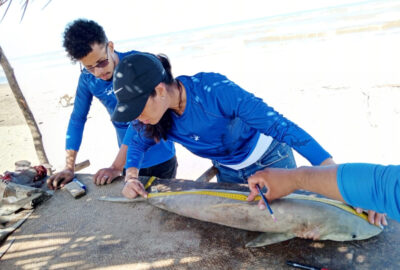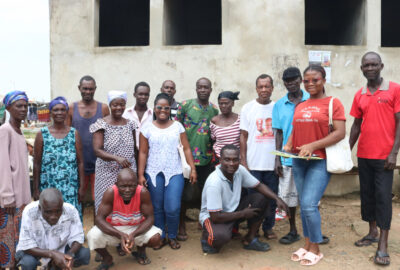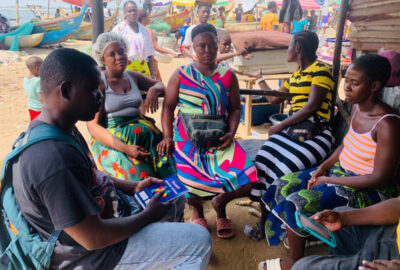Construction Update: As we enhance the look and feel of the Aquarium and make structural improvements to the penguin exhibit, some exhibits are temporarily closed, and the penguins are off exhibit until February 13. Learn more.
Environmental Education in Macuro, Venezuela
By New England Aquarium on Thursday, July 28, 2022

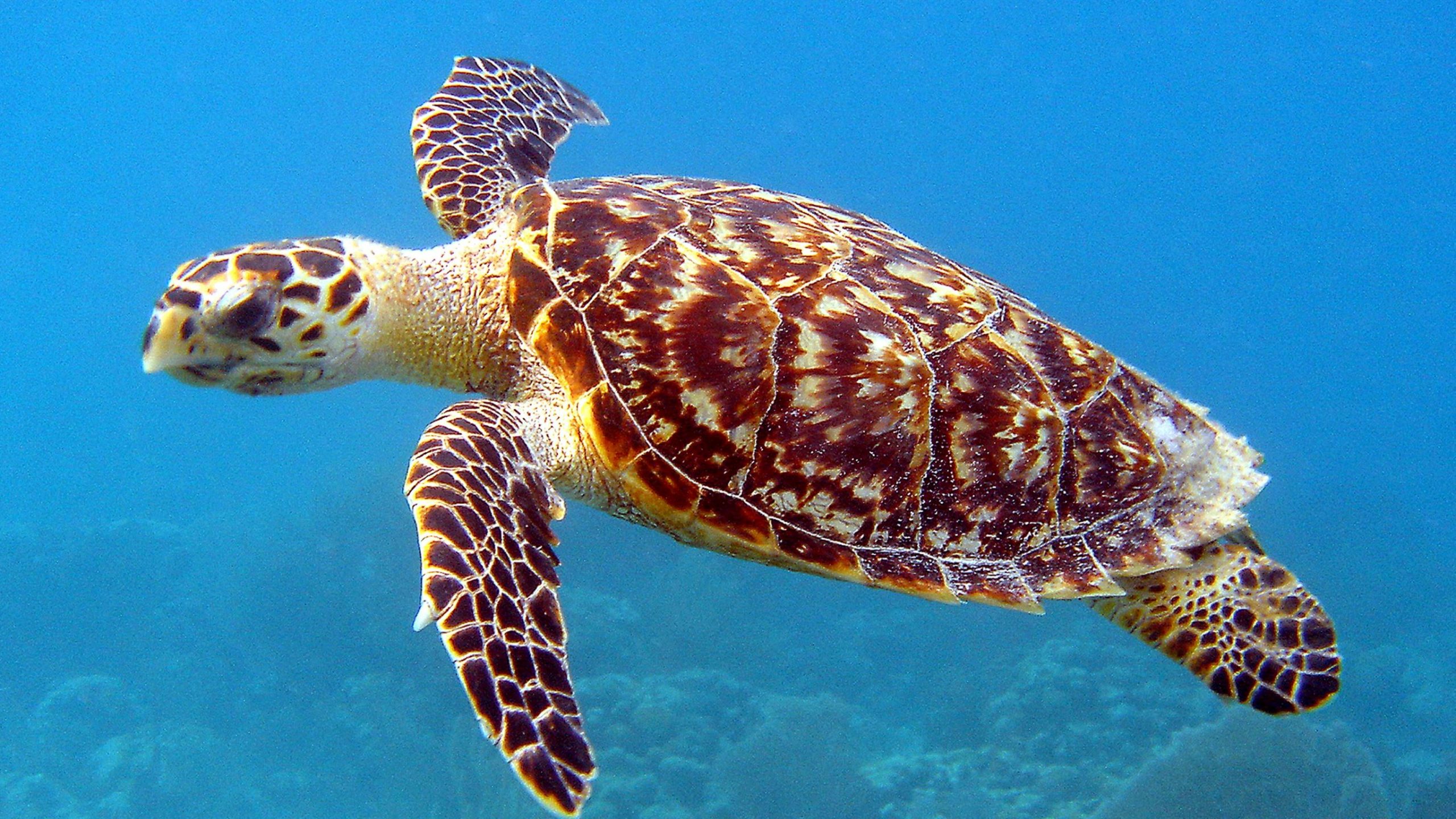
This post is one of a series on projects supported by the New England Aquarium’s Marine Conservation Action Fund (MCAF). Through MCAF, the Aquarium supports researchers, conservationists, and grassroots organizations around the world as they work to address the most challenging problems facing the ocean.
MCAF grantee Clemente Balladares, Coordinador Programas Conservación, Dirección General de Diversidad Biológica MinEC-Venezuela-Caracas is leading a team with Provita Venezuela to preserve the reproduction of sea turtles that takes place in the Gulf of Paria in Venezuela and learn about the challenges these critical species and their nesting sites face. In this piece, Clemente shares his plans for his upcoming describes the Environmental Education in Macuro, Venezuela which he is incorporating into his follow-on project with MCAF.
Many different languages are spoken among the people of the Caribbean Sea basin, including English, French, Spanish, and Creole languages. At the southeast part of this sea, near Trinidad and Tobago, is the Gulf of Paria, which is in the northeast part of Venezuela. The last town inside this Gulf is Macuro, a fishing village of around 1,500 inhabitants. The majority of the population here speaks Spanish; however, few people speak patois, a dialect that reflects European and African influences on the region.
People in Macuro are mainly of African origins and practice Catholicism. They enjoy calypso music, curry, and a spicy meal. The labor force is dedicated to the artisanal fisheries and minor cacao and coffee agriculture. The economy is very depressed due to the lack of reliable electric power, lack of basic processing of local products, and the remoteness of Macuro from the principal commercial cities and towns. As a consequence, is difficult for many people to obtain a good education. Still, Macuro has a primary school with almost 220 children and a high school with 80 teenage students.
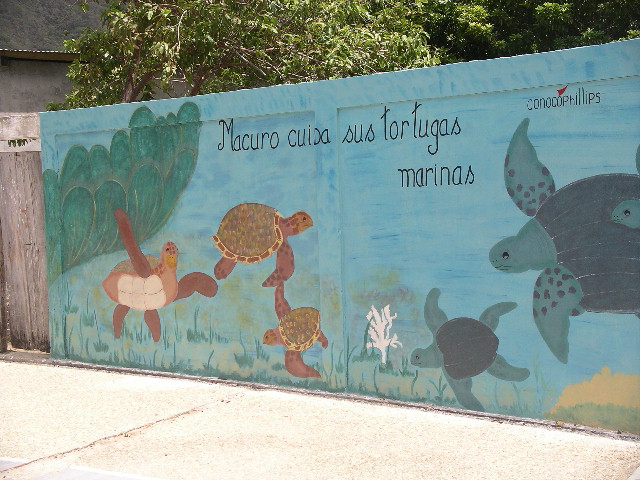
In 2005, we started giving talks regarding the protection of sea turtles and doing beach and town cleanings with the help of the local people. The youngest were always the most active listeners and collaborators, especially the primary school and high school students. This was paired with action by the Venezuelan Ministry of Environment, who initiated a sea turtle conservation program in the early 2000s to combat illegal trade activities in the area.
Besides environmental talks at each classroom, we organized visits to the sea turtle nursery in Macuro and the main sea turtle nesting beach, Los Garzos. These activities were very popular until the year 2018, but because of the aggravation of the Venezuelan socio-economic crisis and COVID-19 lockdowns, environmental education decreased in the number of talks and activities.
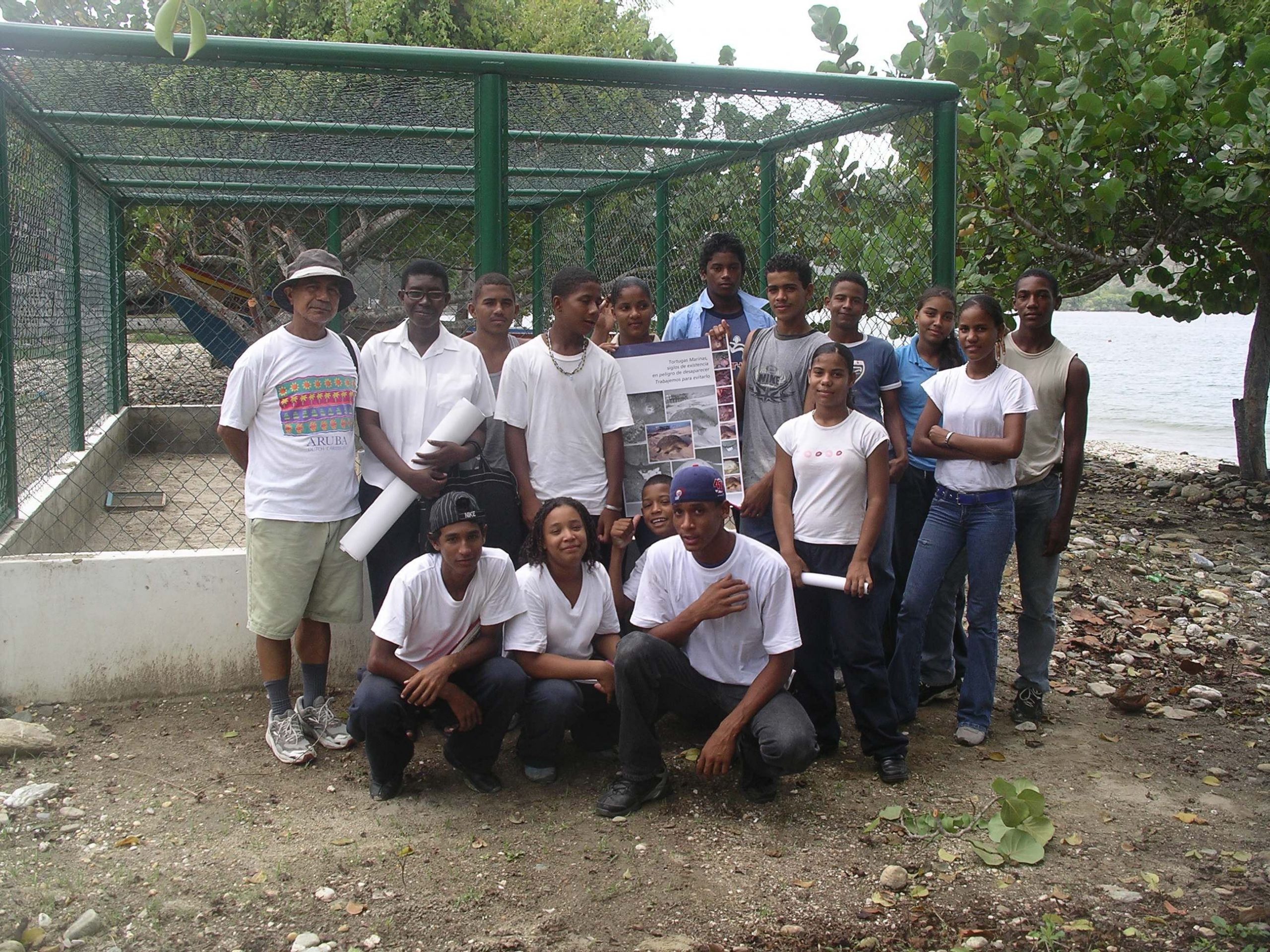
With the help of the Marine Conservation Action Fund of the New England Aquarium, we are aiming to reboot Environmental Education (EE) for the Macuro sea turtle nesting season this year. This time we will have the local assistance of a co-principal investigator Professor Marino Ordaz and high school director, and elementary school teacher Josefina Garcia. We started in March when the sea turtle nesting season began. Josefina will attend to 60 selected children (10 of each grade), and Marino 40 teenagers as volunteers for extra academic talks and nature preservation activities.
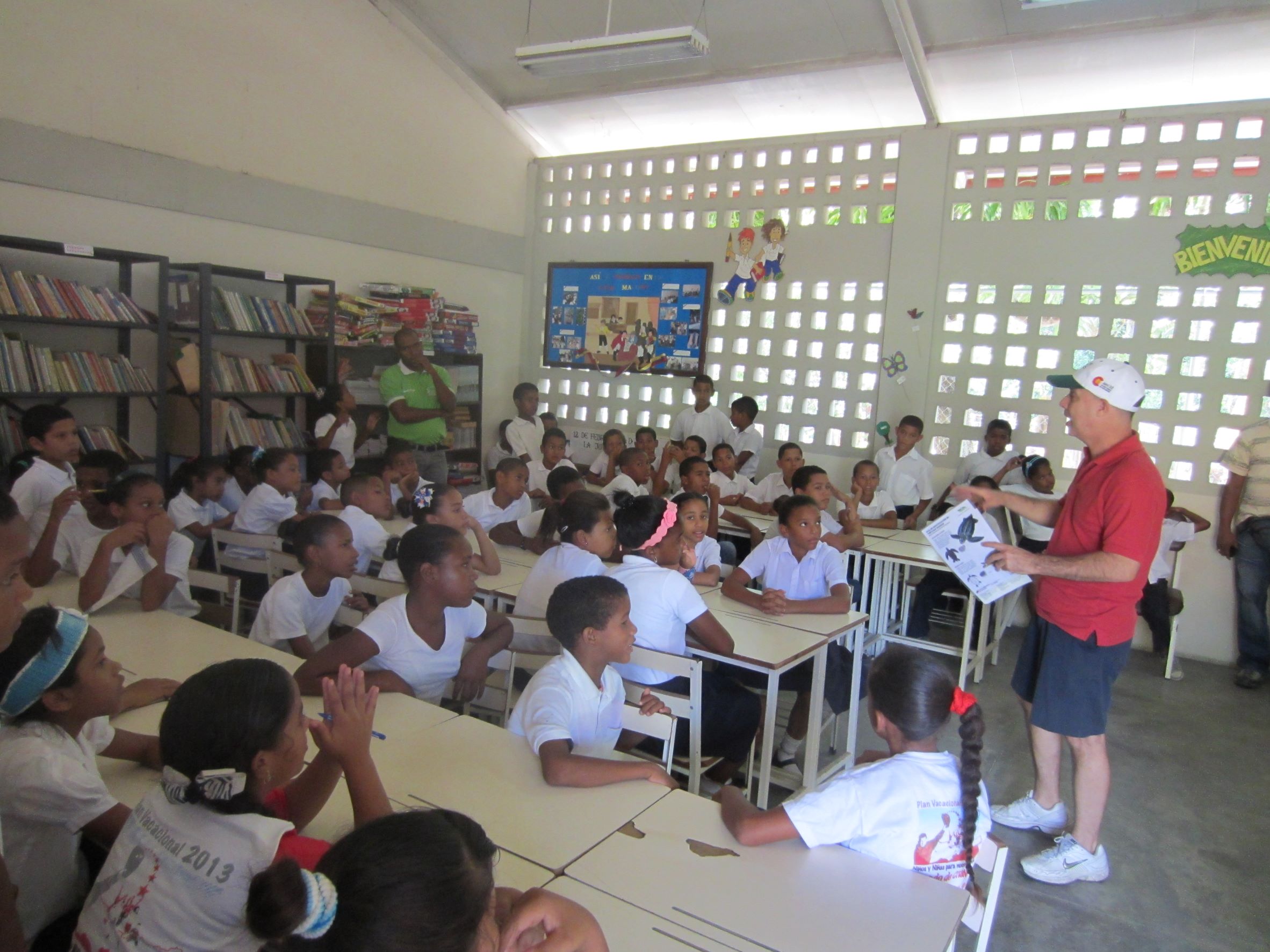
The EE Macuro program covers simple and basic concepts of wildlife, ecosystem functions, and how to protect the local nature land adapted to each level. It follows seven main subjects plus open field activities like the town and beach cleanings, nursery visits, mountain hiking with the Macuro Park rangers for the oldest, and ecological games for the children. Success will be measured by students’ assistance, parents’ support, and small tasks for the 2022 school year.

